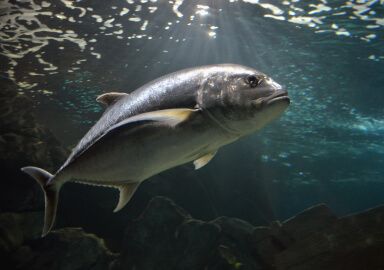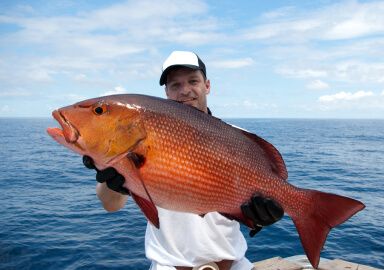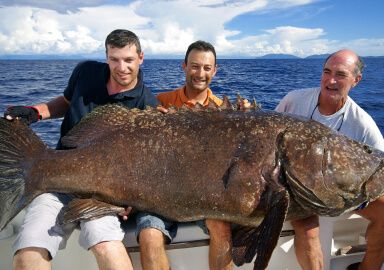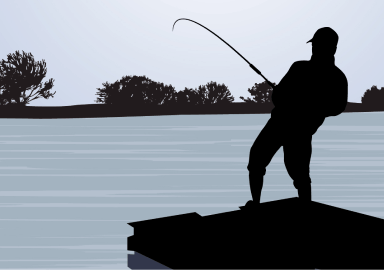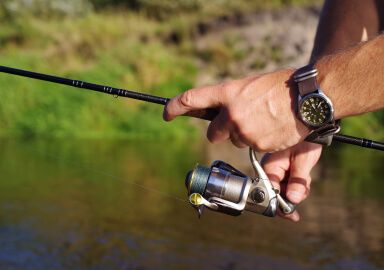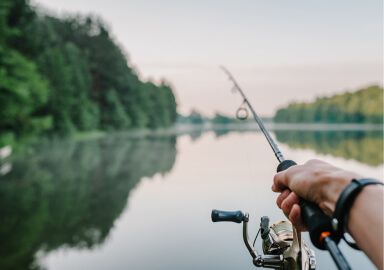Popping
Popping is an exciting and efficient technique of catching predatory fish in topwater with an artificial lure that attracts them with both motion and sound.
View 249 listings
249
listings
–
price starting from
40
countries
220
fish species
–
to the nearest trip
About Popping
Popping is fishing with a popper, a type of lure that is used to fish the surface of the water. It is cast with light tackle (usually a spinning rod but fly-fishers can do it as well), and as you move it in small jerks across the topwater, it imitates a baitfish splashing out, or a big insect. The characteristic feature of a popper is a cavity in front, which creates an air bubble as the lure is moved across the water. When the bubble pops, it creates a splashing sound that is irresistible to many fish species.
Any surface-fishing predator can be caught with a popper, if you cast a right-sized lure into the right spot. For freshwater anglers, the perfect quarry to use a popper is the bass. Trout and salmon can be seduced with this lure as well. Poppers also work well in saltwater, especially during flats fishing, or fishing over reefs and wrecks, in short, everywhere you can find surface-feeding fish such as trevally, and even tuna.
Whenever you go out with a spinning rod, it’s a good idea to have a few poppers in your lure box, and use them when the conditions are right. Fly-fishers can use poppers as well. The best setting for popping is when the predator fish can expect lots of feeding opportunities right there on the surface - a quiet summer day, best after a rain, when many insects are falling into the water. And if you see fish feeding on the surface, or baitfish jumping out to escape a predator, it’s a sure sign to tie on a popper.
The speed of the retrieve and the intervals between the movement are not something set in stone. Some fish on some occasions prefers slow motion, while other species, or even the same fish on a different day, will only be seduced by a faster moving lure. Experiment, starting with slow and infrequent motion, and increasing the tempo if you aren’t getting the baits. But in any case it’s a good idea to let the lure sit for two or three seconds after the cast before you start to lead it. One thing about poppers is that a bite is unmistakable - in most cases, you can see the fish grab your bait, which adds to the excitement.



